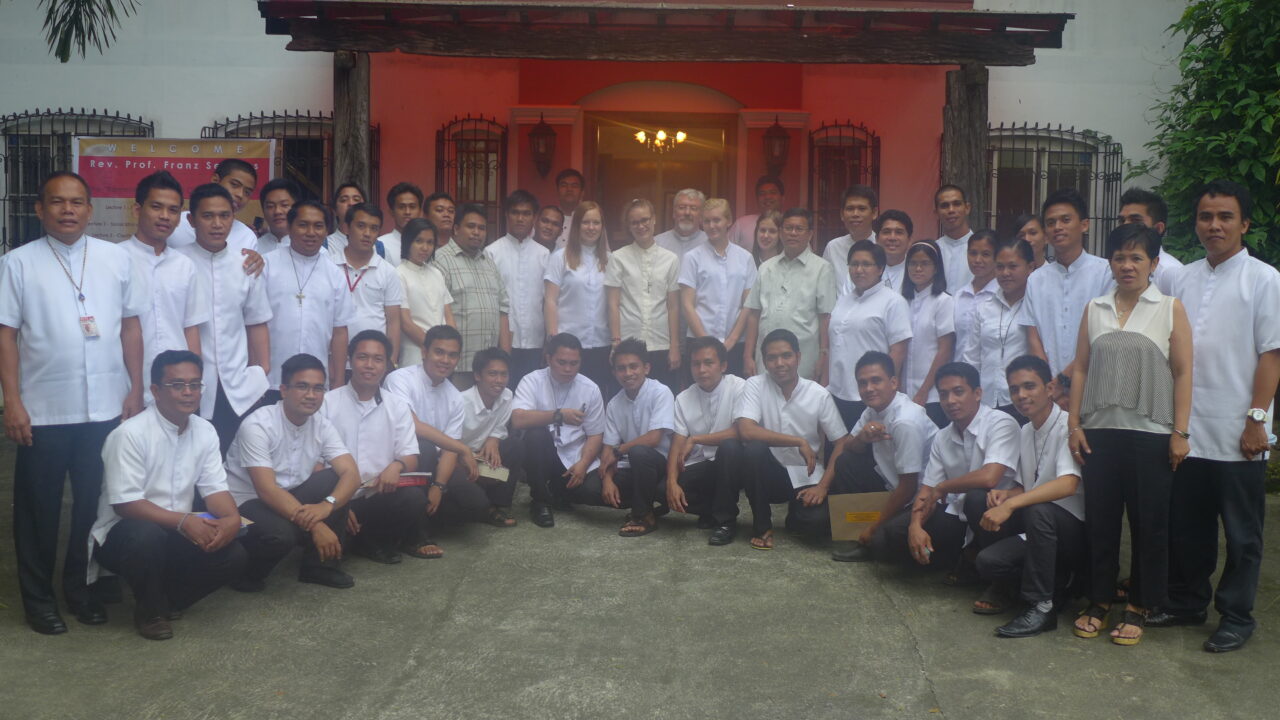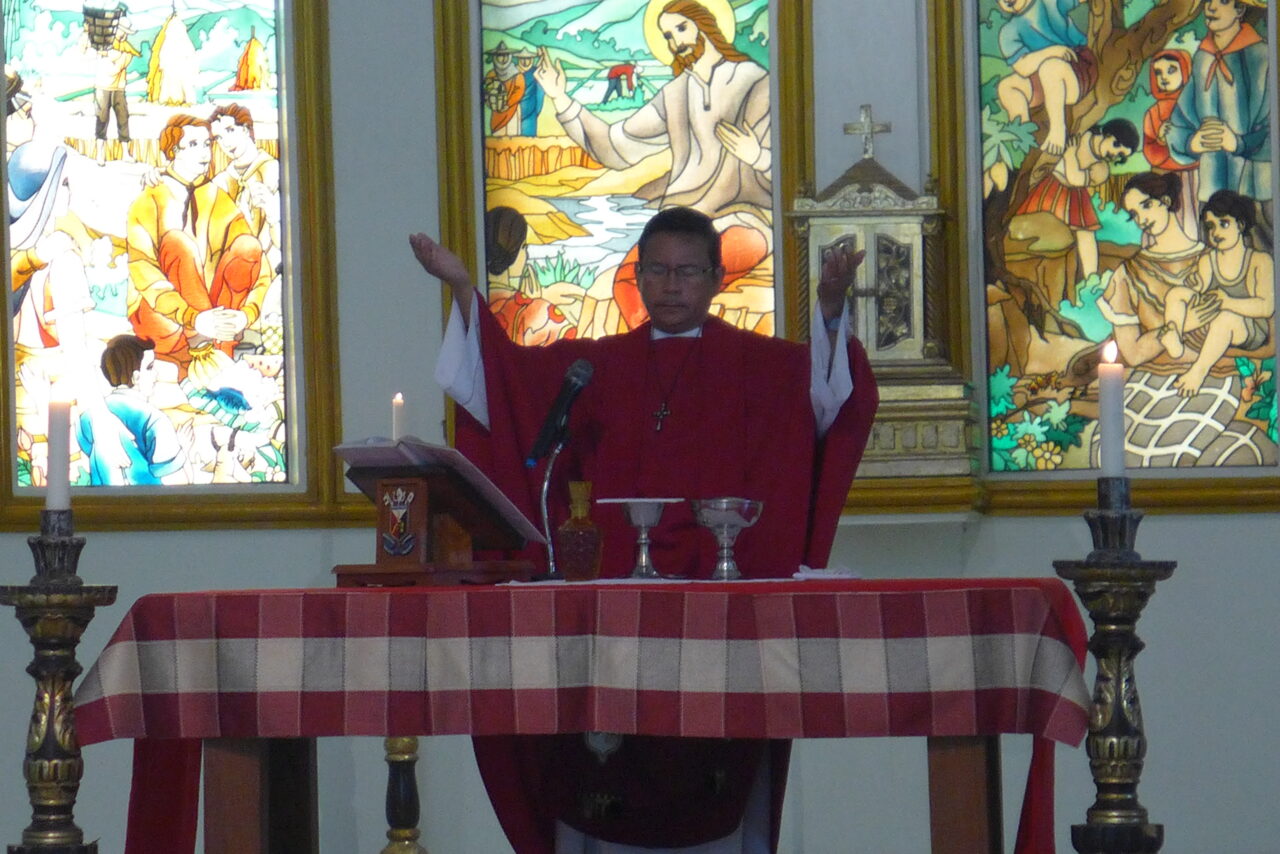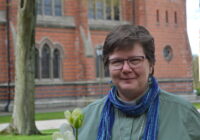
The Iglesia Filipina Independiente (IFI) in its Statement on Church Mission (1976) defines the Church as an “assembly of God which God has called out to be his people”, the “creation of God with Jesus Christ as its head and receiving its life from the Holy Spirit,” “the sacrament of unity,” “a pilgrim,” “a track to be cultivated, the field of God.” It is from this belief that the IFI pronounces that the Church is being called and sent, and therefore, “by virtue of His divine ‘calling”’ and ‘sending’, she is missionary in character.”
There are two important aspects that we can deduce from the above statement: first, that the Church can only claim authenticity if her life characterises mission, and second, that mission is “an essential aspect of everything that happens in the life of a Christian community” and not a mere branch of certain Church activity, as opines by Bishop Johan Tyrberg. In the Statement on Church Mission, the IFI further proves her mission perspective by identifying five essential areas of mission that can be surmised encompasses the whole “life of a Christian community”, that is, Worship, Human Development, Social Action, Ecumenical Life and Renewal and Reconciliation.
Reclaiming the muddled concepts and practice of mission is also a topic for discussion in the Philippines today as we commemorate the 500th year of Christianity in the arrival of Spanish explorers and missionaries in the Philippines in 1521. Spain colonized the Philippines for more than 300 years whose motivations were inextricably mixed: ‘gold, pepper and souls.’ The Church in the Philippines was born at sword’s point and was a caesarean by birth. Mission was saving souls, baptizing the natives, constructing church buildings, and planting churches through the works of white missionaries from different religious orders.
After Spain’s defeat in the 19th century, it was followed by another wave of missionary activities through the American Protestant missionaries. They swarmed and divided the whole country according to their denominations and influences under the American colonial government by ‘educating and converting’ the natives with the use of the Bible and works of charity. It is unfortunate however, that mission for many until today pertains to conversion, sacramental, church planting or the one branch of church activity being done by ‘trained missionaries’ who talk of their particular mission rather than that of God’s mission.

From this theological and historical background that I would like to share on where do we see mission being carried out in the seminary right now? It has to be cleared first and foremost that ACTS is not a school for the training of missionaries but a place of Formation in Discipleship. This understanding is in line with one of the areas of ACTS mission statement that says, “to enrich and strengthen the IFI vision to institute a theological education and formation in accordance with the Declaration of Faith and the Articles of Religion, in the context of discipleship for God and the Country.
We subscribe with the idea that formation is not about mastering techniques or functional roles like a ‘trained missionary’ who is skilled in transmitting theological or spiritual notions based on a particular belief and tradition. It is not mere explaining or teaching for people to follow, rather seminary formation is following Christ to be his disciple by preparing seminarians not just on scholarly works but through discernment, engagement and accompaniment. It is following Jesus and doing as he did.
ACTS formation is basic, practical and relevant. It starts with the person’s behaviour guided by the core ideals of discipleship. Person’s discernment of his/her calling and the attitude being shown in the formation determine how one engage him/herself to the works of mission. It is worth reminding those under formation that doing Christ mission is not after graduation where one is already “skilled” and “trained” but participating in God’s mission is always in the here and now.

The best example that I can share on how mission is being carried out within the formation is in actualizing the value of sharing. The seminarians have to eat their meals together and the amount of food received must be consciously shared by each one. Every meal is a test of sharing or appetite for greed because while each one is given his/her own plate, glass, spoon and fork, the food, that is, a bowl of rice and a bowl of vegetables are placed in the middle for equal sharing of hungry stomach.
ACTS every day meal is a test on how to be mindful of “the other” and the consciousness of “having enough” in the simple act of community meal. It is a test and opportunity also for the devil to act and lead people into selfishness and greed. It is on this premise that the practice of sharing are important values in the formation in discipleship and its constant exercise could lead into wider and deeper mission engagement of loving and caring.
The above example of formation in discipleship mirrors the encompassing areas of mission written in the IFI Statement of Mission where in the Eucharist, Christ is shared in a form of bread for others to do the same (worship) and in this sharing of life, humanity develops and people engage more in society. Sharing is tolerance (ecumenical life) and in doing so people are renewed and reconciled. Every act of goodness is an actualization of God’s mission in the here and now through his people, a Mission-Driven- Church. It can be seen even on simple and ordinary act like sharing of meal that can flourish in a bigger engagement of life giving, for mission is “an essential aspect of everything that happens in the life of a Christian community”



